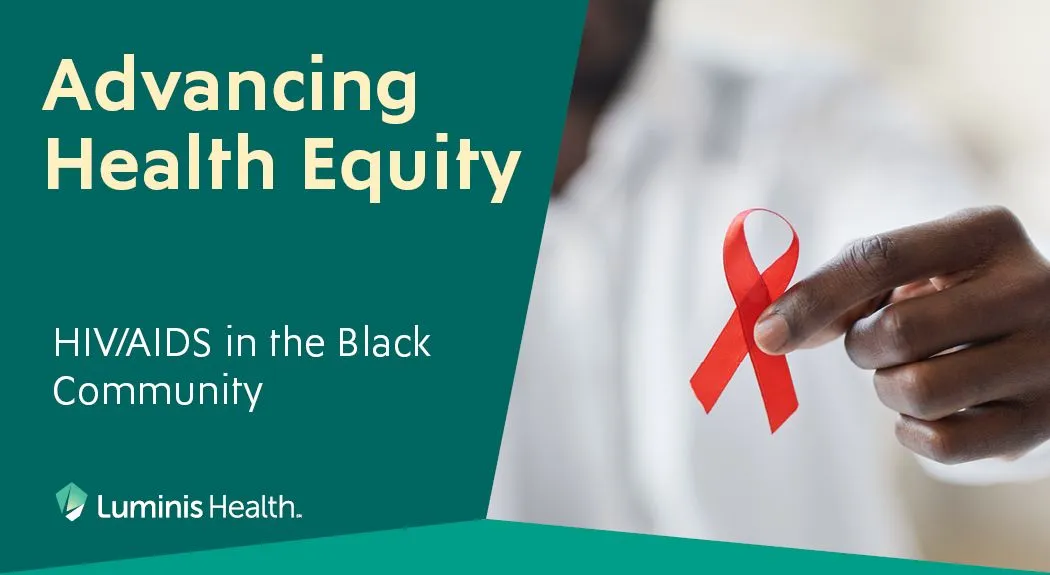
Building a healthier future for all means ensuring that every community has the resources and support needed to thrive. National Black HIV/AIDS Awareness Day (NBHAAD) serves as an annual reminder of the ongoing fight against HIV/AIDS in the Black community. Human immunodeficiency virus (HIV) is a virus that attacks the body's immune system and acquired immunodeficiency syndrome (AIDS) is the most advanced stage of HIV. By raising awareness, promoting prevention, and expanding access to care, we can empower individuals and create a future free from health disparities.
Since 1999, NBHAAD has aligned with Black History Month to celebrate the achievements surrounding HIV testing and prevention, and education, while addressing the disproportionate impacts of HIV/AIDS on Black individuals. It’s a day to celebrate progress, foster education and empower individuals to take control of their health and support those living with HIV/AIDS.
Impact
Despite representing 12% of the U.S. population, Black individuals account for nearly half of the nation’s population living with HIV/AIDS. This stark disparity stems from systemic barriers such as inadequate access to education, testing resources, healthcare and the pervasive effects of inequities. NBHAAD was created to confront these challenges and inspire change.
According to the National Library of Medicine, HIV incidence among Black women is more than 20 times higher than among white women. The HIV Surveillance Report states that if current HIV rates continue, “one in two Black gay men who have sex with men will contract HIV in their lifetime.” Additionally, more than 60% of Black transgender women surveyed reported living with HIV. This data demonstrates the importance of targeted resources and support to combat the negative impacts of HIV/AIDS on the Black community.
Education
Understanding how HIV is transmitted is key to reducing risk and taking steps to protect yourself and others. HIV is transmitted through contact with certain infected body fluids, including:
- Unprotected vaginal or anal sex
- Sharing needles, syringes, or other injection equipment
- From parent to child during pregnancy, childbirth, or breastfeeding
HIV symptoms include fever, chills, rashes, muscle aches, sore throat, and fatigue. These symptoms can occur within 2-4 weeks after exposure.
Testing
If you believe you’ve been exposed to HIV, getting tested promptly is essential. Knowing your status empowers you to take control of your health and helps prevent the spread of the virus.
The Centers for Disease Control and Prevention (CDC) offers HIV testing kits that can be ordered online, allowing individuals to learn their status in the privacy of their own homes. Order a kit or find local testing locations on the CDC website.
The Maryland Health Department provides free HIV testing kits, along with information about local services and care providers. Learn more.
Early detection and treatment prevent the spread of HIV and improve health outcomes. If you test positive for HIV, it’s important to schedule an appointment with your primary care provider, who can help you access treatment and specialized care. At Luminis Health, our Primary Care team is here to support you every step of the way.



